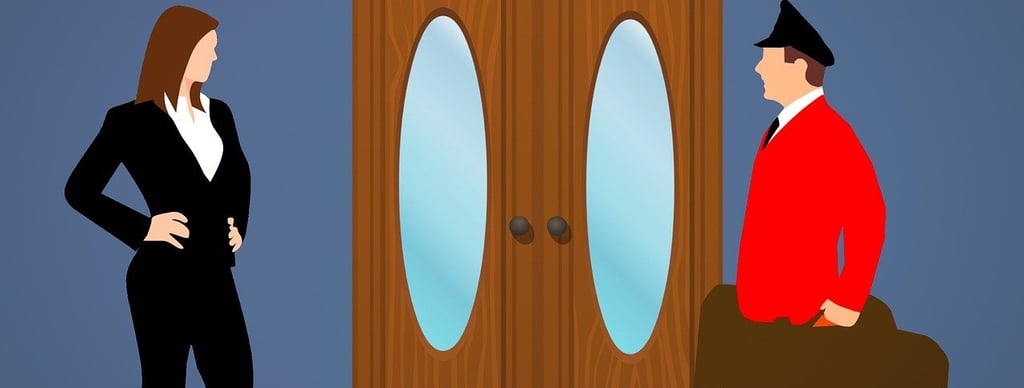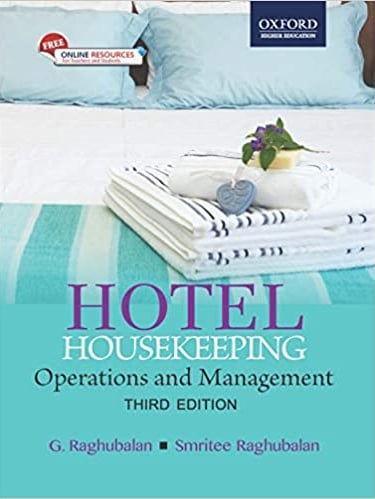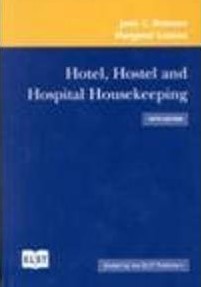COORDINATION OF THE HOUSEKEEPING DEPARTMENT WITH OTHER DEPARTMENT
The state of the public spaces, or the front of the house, speaks volumes about the condition of the remainder of the property. Visitors should anticipate the same amount of care and attention in their rooms if the public areas are clean and well-kept. They also demonstrate that the property most likely upholds the same cleanliness standards throughout, whether in employee-only areas or in the rooms and hallways towards the back of the house. The cleaning of public and other functioning areas is primarily the duty of the housekeeping staff.
Human Resource Department:
For the hiring of housekeeping workers, wage administration, indiscipline grievance procedures, identity cards for staff, induction, locker facilities, transfers, promotions, and exit formalities, housekeeping collaborates with the human resource department.
Purchase:
The purchase department purchases out-of-stock things for housekeeping, such as stationery, different types of linen, detergents, and cleaning supplies that are kept in guest rooms.
Maintenance:
Keeping furniture, fixtures, and other facilities in good working order, modern, and safe condition for visitors is one of the key duties of housekeeping. As a result, there needs to be strong coordination with engineering, which is continually dispersed throughout the hotel checking on various things and issuing maintenance requests to the engineering department.
The maintenance orders may cover a variety of tasks, including blown fuses, damaged furniture, plumbing issues in guest rooms or public restrooms, faulty air conditioning, etc. All broken things in a guest room must be swiftly fixed by Engineering in order to be able to clear the room for sale to the front desk. Therefore, tight collaboration is required. Additionally, housekeeping would turn over rooms to engineering for significant renovations or repairs.
The laundry department has the potential to improve or degrade the standard of housekeeping services. Laundry is accountable to housekeeping for two things: a) washing and dry-cleaning uniforms and bed linen to an exceptionally high standard of cleanliness.
b) To promptly provide housekeeping with fresh uniforms and linen.
Clean linen should always be provided for guest rooms, restaurants, health clubs, etc. as this enhances the reputation and quality of the business. The coordination becomes essential because to the enormous amount of uniforms and linen involved, which could prevent restaurants from opening or rooms from being ready for use, etc. if this is not received from the laundry in a timely manner.
Food and drink:
Banquets and restaurants continually need fresh tablecloths, napkins, etc. Both their personnel and the kitchen staff must wear clean uniforms; the former is necessary due to the fact that both groups interact with guests, and the latter is necessary due to the tight government regulations on kitchen hygiene.
In the case of room service, coordination between two departments is especially important to avoid conflicts over issues like waiters who fail to collect trays from guests' rooms, staff who leave dirty trays in the hallways, or people who accidentally spill food or drink on the carpet and create extra work.
Security:
A hotel goes to great pains to maintain privacy and security because the guest room is the most personal space. However, a visitor might abuse this privacy by smuggling, gambling, etc. Housekeeping must be aware of these activities and, if necessary, request the security department's assistance.
Stores:
Working together with stores assures the availability of daily housekeeping essentials. The housekeeping section of larger hotels is connected to stores that carry linen, supplies, and other items. With the exception of linen, which is sent to the housekeeping department upon purchase, smaller hotels may carry them in the general store. Housekeeping uses a requisition form to communicate with the stores whenever it needs specific supplies.
Security:
Because the guest room is the most private location, hotels take great care to protect privacy and security. Visitors might, however, misuse this privacy by smuggling, gambling, etc. Housekeeping is responsible for being informed of these activities and, if necessary, making support requests to the security division.
Shops:
Cooperating with shops ensures that daily household necessities are available. In larger hotels, the housekeeping department is connected to shops that sell supplies, linens, and other products. Smaller hotels may stock them in the general store, with the exception of linen, which is sent to the housekeeping division upon purchase. When housekeeping needs specific materials, it notifies the stores via a request form.
In some properties, the controller may get reports from the purchasing manager and the storeroom manager.
Due to the fact that the housekeeping department keeps inventories of cleaning materials, equipment, linens, uniforms, and other goods, the executive housekeeper frequently collaborates closely with these supervisors. The budgets created by division and department managers must be finalized by the controller and general manager.
www.ehospitalitystudies.com


COORDINATION OF HOUSEKEEPING DEPARTMENT WITH OTHER DEPARTMENTS







